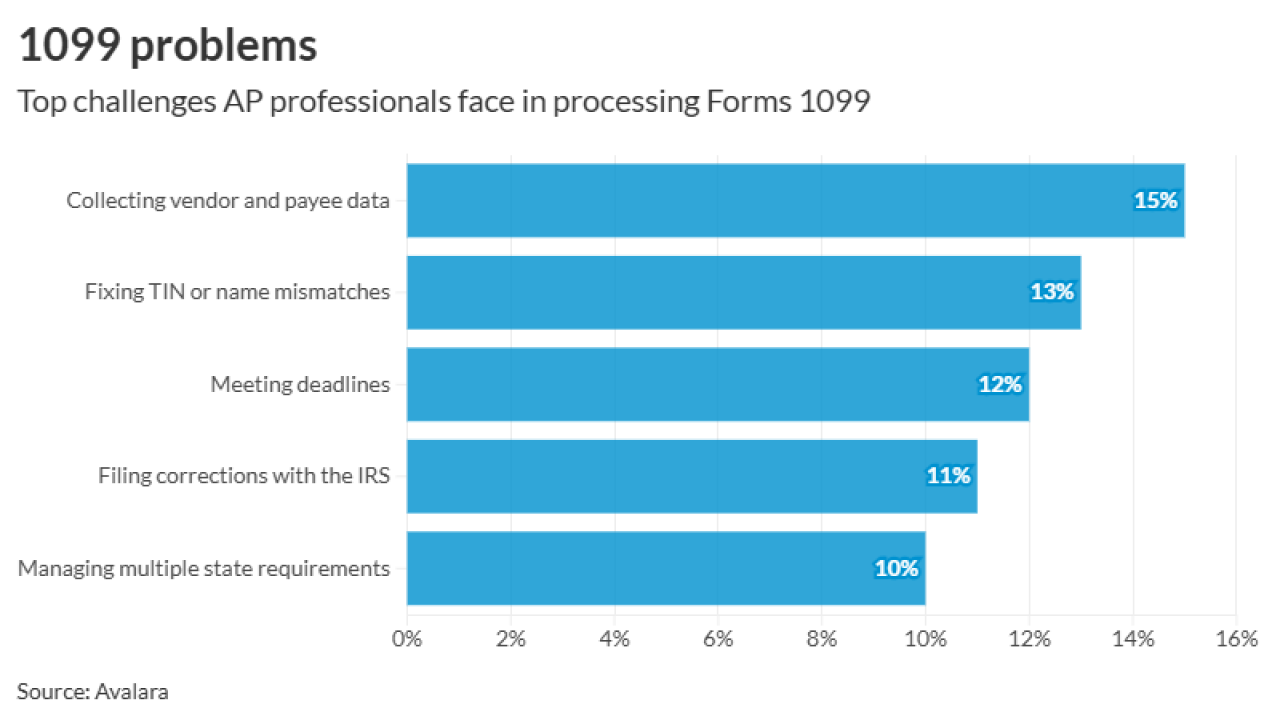The unfettered boom in ESG debt has created some accounting concerns that are in urgent need of regulatory attention, according to Europe’s markets watchdog.
Firms are booking the value of so-called sustainability-linked bonds and loans in inconsistent ways, the European Securities and Markets Authority has found. The development has the potential to “negatively affect the decision-making of financial market participants and thus the efficient functioning of capital markets,” ESMA told Bloomberg in an emailed response to questions.
Demand for such debt products has soared in recent years and Moody’s ESG Solutions expects the ESG bond market alone to hit about $1.4 trillion in 2022, as issuers try to tap into seemingly insatiable demand for ethical investments. But accounting rules for determining their asset and liability values aren’t keeping pace with the market boom, leaving firms to apply varying valuation models.

ESMA says it’s concerned that existing plans by the International Accounting Standards Board to regulate the market are moving too slowly, and is now calling on IASB to treat the valuation of ESG debt as a matter of urgency. The board should set specific guidelines for valuing instruments whose interest rates change based on environmental or social targets, according to ESMA.
The IASB says it’s
The board says that review includes a closer look at “market changes since the accounting standard was issued” back in 2018, “and how responsive the accounting standard has been to those market changes,” a spokesperson said. “In that context, many stakeholders have provided information about the development of loans with interest rates that vary depending on whether the borrower meets pre-determined ESG targets.”
But that review process — and any potential action based on its findings — is in danger of being too slow, according to bankers, businesses and regulators.
Differing models for valuing ESG debt
Most banks want IASB to adopt a standard that’s based on valuing an asset at a so-called amortized cost. They say that using fair value, which is the model preferred by accountants, risks making profit and loss statements more volatile. That could ultimately discourage a bank from “promoting sustainable financing,” Dominique Crowe, head of group accounting policy at UBS, said in a Jan. 27
The lack of uniformity is also a concern for issuers. In a Jan. 28 letter, Shell International
It’s not the first time that sustainability-linked debt, which carries an adjustable interest rate depending on whether key ESG performance indicators are met, has faced questions. In September, Bloomberg published
When it comes to valuing sustainability-linked debt in financial accounts, Europe’s markets regulator isn’t alone in its concerns. Regulators, banks, pension funds and accountants from Brazil to Australia are calling on the IASB to acknowledge the need for swift action. The accounting issues don’t stop with banks, but also affect pension funds and other corners of the investment industry.
“As the volume of these financial assets is growing rapidly, we believe there is an urgent need for the Board to issue guidance as to how ESG features should be analyzed to determine whether financial instruments with these features meet the SPPI criterion,” KPMG IFRG Ltd
The issue is of particular concern for banks in Europe, where governments and regulators are moving faster than other jurisdictions to create a framework that channels capital toward environmentally and socially sustainable activities.
“Considering the pressure on banks to promote this type of instrument and the implications in the economics of the banking industry we consider that the review of this project should be given the utmost priority,” the European Banking Federation
Europe’s top banking watchdog echoed the concern, and called for a broader review of ESG characteristics citing the potential impact on credit losses.
“This topic deserves a broader discussion and should not be limited to the accounting classification of financial assets,” the European Banking Authority said in a Jan. 25 letter to the IASB. “ESG risks impact the measurement of financial assets via the computation of expected credit losses and determination of fair value.”
As such, an overall assessment of how the classification criteria — and related measurement basis — would work in conjunction with expected credit losses and fair-value models “seems to be needed,” the EBA said.





